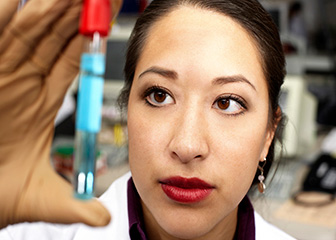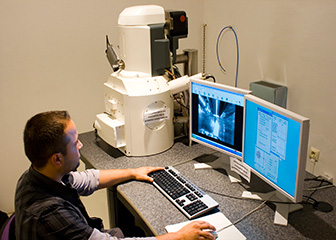Summary

| Quick Facts: Epidemiologists | |
|---|---|
|
$63,010 per year
$30.29 per hour |
|
| Master’s degree | |
| None | |
| None | |
| 5,000 | |
| 24% (Faster than average) | |
| 1,200 | |
What Epidemiologists Do
Epidemiologists investigate the causes of disease and other public health problems to prevent them from spreading or from happening again. They report their findings to public policy officials and to the general public.
Work Environment
Epidemiologists work in health departments, offices, universities, and laboratories. Some do fieldwork to conduct interviews and collect samples for analyses. Fieldwork may require interacting with sick patients, but epidemiologists use safety precautions to minimize their exposure.
How to Become an Epidemiologist
Epidemiologists need at least a master’s degree from an accredited postsecondary institution. Most epidemiologists have a master’s in public health or a related field, and some have a Ph.D. in epidemiology.
Pay
The median annual wage of epidemiologists was $63,010 in May 2010.
Job Outlook
Employment of epidemiologists is expected to increase by 24 percent from 2010 to 2020, faster than the average for all occupations. Epidemiologists should have good job prospects overall.
Similar Occupations
Compare the job duties, education, job growth, and pay of epidemiologists with similar occupations.
O*NET
O*NET provides comprehensive information on key characteristics of workers and occupations.
Contacts for More Information
Learn more about epidemiologists by contacting these additional resources.







